The Button Girl
By Sally Apokedak
INTRODUCTION—THE BUTTON GIRL, a young adult fantasy
Sixteen-year-old Repentance Atwater hates living in the breeder village. She hates the foggy swamp, she hates that the other villagers think sheâs cursed because of her light complexion, and, most of all, she hates the thought of âbuttoningâ with Sober Marsh and breeding little slave babies for the overlords.
But the law is clear: Anyone who refuses to button and breed is taken away and sold as a slave on the overlord mountain. Repentance wonât be taken alone, either. Sober Marsh, her intended button mate, will be ripped away from his family and sold, as well.
Before the night of her Button Ceremony is over, Repentance has devastated her family and ruined Soberâs life. But worse things are coming on the overlord mountain. Repentanceâs stubborn idealism and unruly tongue enrage the king, and she winds up endangering her entire her village.
THE BUTTON GIRL — EXCERPT
Repentance Atwater stood beside her little sister, Comfort, studying the damp ground where all the mushrooms grew. 
Comfort trudged into the patch. “I found a good one!” She bent down to grab it.
“Careful,” Repentance said. “Don’t get your bib and britches dirty.” Repentance, in her sixth year was the older sister. It was her job to keep Comfort out of trouble while they waited for Destiny—the big girl from down the creek who was coming to take the out of Mama’s way for a while.
Repentance studied Comfort’s mushroom. “That’s a good start. But let’s keep looking. We have to find the fattest ones.” The mushrooms would be a nice surprise for Mama. They would cheer her up.
Trying to back up, Comfort tripped over her own feet and landed in the muddiest spot.
“Comfort!” Now Mama’s going to be mad.” Repentance threw a quick look toward their cave to see if anyone was looking. Something was wrong with Mama lately. She’d bee crying all week.
That morning she’d gotten really bad—sobbing so hard she hadn’t been able to speak. Repentance had run to the swamp-squash harvest to fetch Daddy.
She pulled Comfort up and brushed at the med on the seat of her britches, smearing it around, making it worse. “Daddy will help Mama,” she said . . . to herself more than to Comfort. “Don’t worry. It will all come out right in the end.”
Hearing a noise on the trail, she looked up to see a figure coming—moving fast. It was too foggy to see who it was, but then she heard the familiar whistle. “Destiny!” she shouted.
Destiny ran up to the cave, poked her head in behind the thick leather curtain that closed off the opening, and hollered to let Mama and Daddy know she was there.
“You’re late, Daddy said, stepping out.
“I’m sorry, I was—”
“It’s not important. Just hurry and take them.”
Destiny looked at Comfort’s muddy britches. “Come on, you two,” she said. “I suppose we’ll have to go to the swimming hole to get you all cleaned up.”
“Yippee!” Repentance said. “I’ll get Trib.”
Daddy grabbed her before she could enter the cave. “Tribulation can’t go.”
Repentance stopped, confused. Three-year-old Trib loved to swim. And he wasn’t ill. “Trib is hale and hearty,” she said. “Why can’t he cme with us?”
Before Daddy could answer, the morning erupted with scratching and scrabbling sounds as birds and bunnies skittered off the path that led through the swamp.
Dark shapes came toward the cave.
They pushed through the fog—took form. Two overlords and a goat cart with a willow-branch cage in its bed. One of the overlords had a dragon stick slung over his shoulder.
Repentance automatically put an arm around Comfort and crouched down, wanting to be small. She’d seen an overlord shoot a dragon stick once. The fire was so hot it had set a soaking-wet tree on fire. There had been a puff of steam as the water burned off, and then the tree had exploded into flames
The men stopped in front of the cave. “We’re here for the weanling.”
“He’s in the house,” Daddy said. “I’ll get him.” Then to Destiny he said, “Too late, now. Bring the girls inside and keep them busy.”
Destiny tried to her them into the cave, but Comfort ducked out of reach. “You said we could to to the swim hole.”
One of the overlords took a square of cloth from his pocket about the size of the handkerchiefs that Daddy used. Only this cloth was glowing. Bright yellow light was coming off if as if it was a candle. Repentance had never see the likes of it.
So it was true what everyone said: The overlords had magic.
Comfort, eyes, reached for the cloth. Destiny snagged her collar and pulled her back.
“Let the little swamp rat be,” the man said, dangling his magic hanky in front of Comfort. “I’m not going to hurt her.
While the man was distracted with her little sister, Repentance studied his strange, pale eyes. She’d never ben so close to an overlord before.
Daddy ducked back under the curtain holding Tribulation, who was squirming and fussing.
The overlord shoved his yellow, glowing cloth into his pocket.
Daddy, his face gray, planted a kiss on Trib’s head and handed him to the man.
Handed him to the overlord!
Just like hat!
Blood rushed into Repentance’s head and pounded in her ears. Time seemed to slow down
A sob broke from Daddy, and he slipped into the cave.
The overlord stuck Trib into the cage.
Tossed him in.
Like Trib wasn’t anything more than possum or a piglet.
He hooked the door of the cag.
Turned the goat around.
Began down the path.
“Meany!” Comfort three her mushroom at the overlords. It fell shor. Landed on the muddy path. Harmless.
Trib stuck his arms through the willow-branch slats. Reaching out. “Pentace!” he screamed. “Pentace!”
Crying.
Sobbing.
Wailing.
Repentance could see the tears clinging to his eylashes.
She could see his chubby, wet, red cheeks.
She could see his tiny, white, baby teet.
And then she couldn’t see anything at all.
He was gone.
Swallowed by the fog.
She made to follow, but Destiny held her back.
His wailing was quickly muffled, absorbed by the swamp, with its sopping trees, its thick moss, and its moldy earth.
The outdoor noises came back. Frogs croaking. War-lizards hissing. Trees dripping.
A fat blob of water fell from a tree and splattered onto her face. Repentance swiped it off with the back of one hand. “H didn’t break any of the rules,” she whispered. Fear rose in her throat like a purple-fruit pit—a thick knot that made it hard to swallow. “They aren’t supposed to take us kids if we don’t break the rules. Why did they take Trib”
“It’s grief Day,” Destiny said. “Keeping the rules doesn’t count on Grief Day.”
AUTHOR BIO

Sally Apokedak is an associate agent with the Leslie H. Stobbe Literary Agency.
Sheâs been studying, reviewing, and marketing childrenâs books, as well as giving writing instruction for fifteen years. As the manager of the Kidz Book Buzz blog tour she was privileged to work with best-selling and award-winning authors such as Jeanne DuPrau, Ingrid Law, and Shannon Hale.
The Button Girl is her first published novel.


































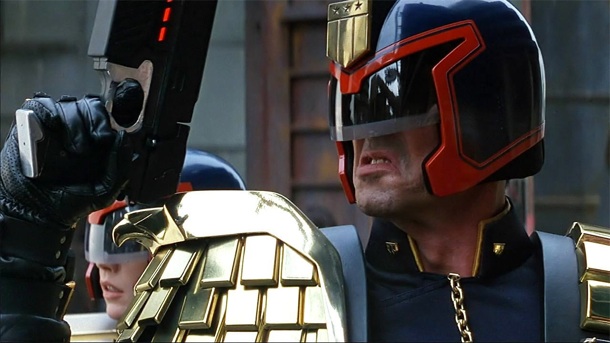
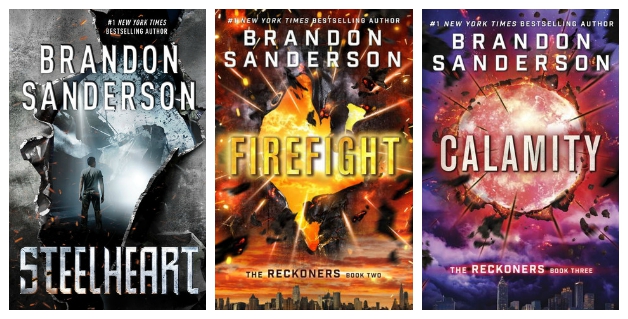
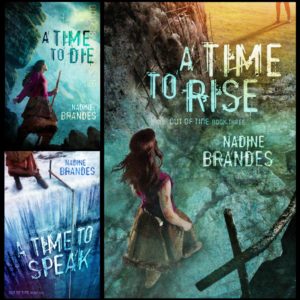 1.Â
1. 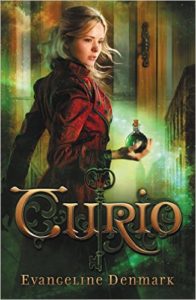 The end of book twoâThe Well of Ascensionâis literally the most heart-stopping cliffhanger invented.
The end of book twoâThe Well of Ascensionâis literally the most heart-stopping cliffhanger invented. 7.Â
7. 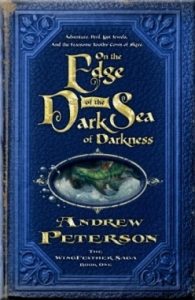 8.Â
8. 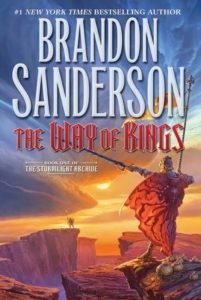 I literally could rave about this series all day every day. It simply is the best thing ever. And as an avid Lord of the Rings fan, I donât say that lightly. But what Sanderson has already accomplished and is setting up (only 2 of the 10 books have been published) is incredible.
I literally could rave about this series all day every day. It simply is the best thing ever. And as an avid Lord of the Rings fan, I donât say that lightly. But what Sanderson has already accomplished and is setting up (only 2 of the 10 books have been published) is incredible.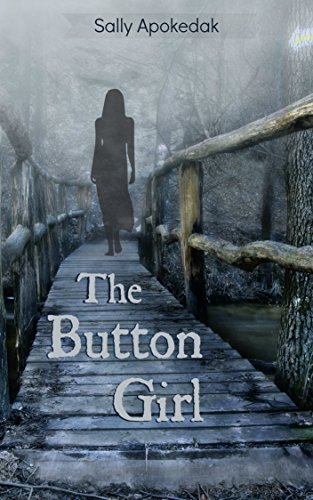


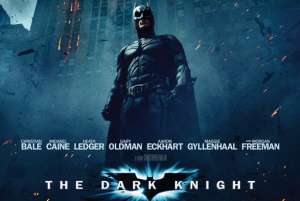
 Setting separate stories in the same fictional universe provides a number of benefits that serve to strengthen the overall storytelling.
Setting separate stories in the same fictional universe provides a number of benefits that serve to strengthen the overall storytelling. Action, as a storytelling device, plays a primary role in the creation of a well-rounded narrative. Itâs like salt: too much, and the result is disgusting, but too little, and the story becomes bland.
Action, as a storytelling device, plays a primary role in the creation of a well-rounded narrative. Itâs like salt: too much, and the result is disgusting, but too little, and the story becomes bland. Stories fill many roles, and for speculative fiction especially, one essential element is to induce a sense of otherness, either enormously big or subtly small yet pervasive. An entire system of planets and interstellar travel or a city on earth yet with one citizen whose presence changes everything.
Stories fill many roles, and for speculative fiction especially, one essential element is to induce a sense of otherness, either enormously big or subtly small yet pervasive. An entire system of planets and interstellar travel or a city on earth yet with one citizen whose presence changes everything. By diverse, I mean exhibiting variety.
By diverse, I mean exhibiting variety. Many films contain more fantastic pieces than the ones mentioned here. And a good number have coalesced into breathtaking, riveting tales.
Many films contain more fantastic pieces than the ones mentioned here. And a good number have coalesced into breathtaking, riveting tales.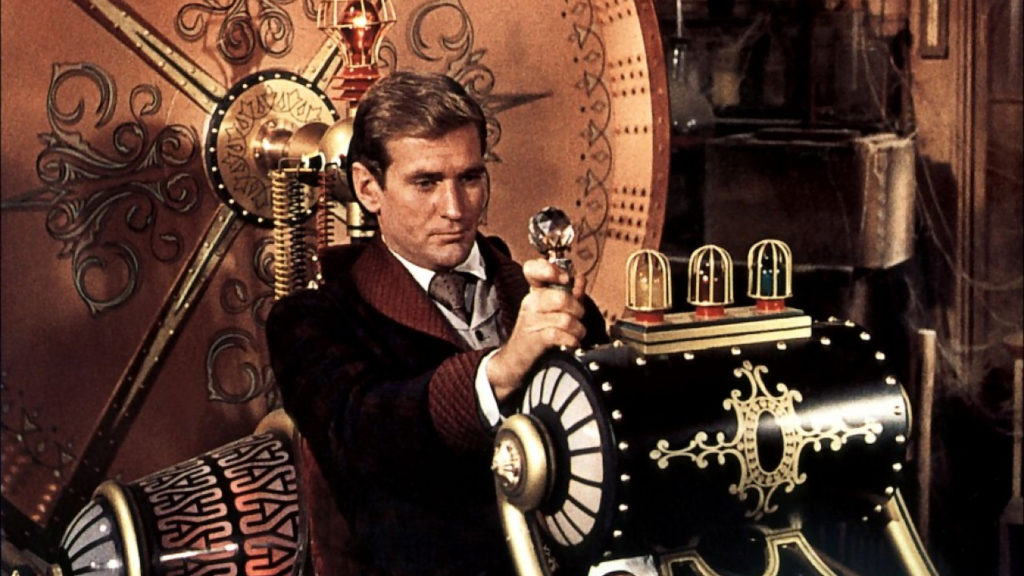
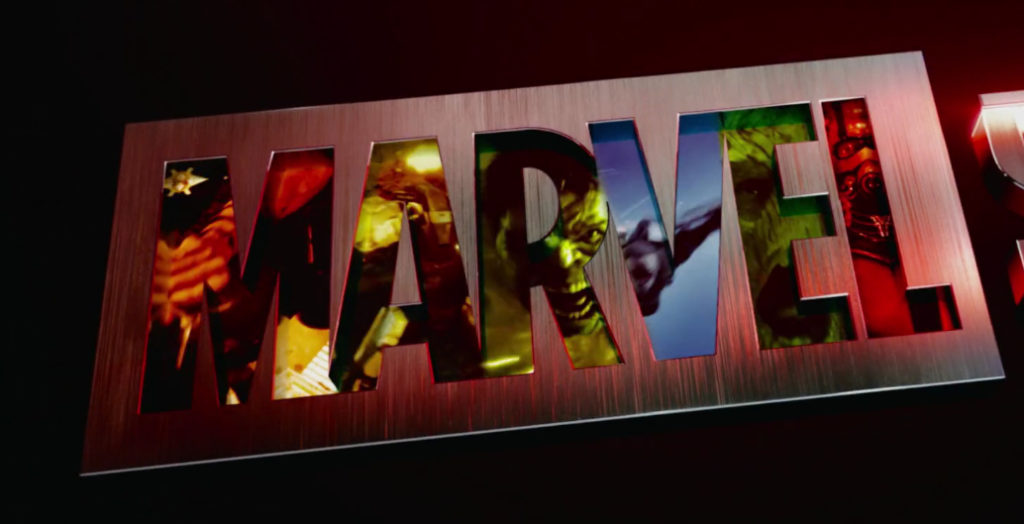
 I get it. All the Marvel fans on Tumblr like to draw pictures of the Avengers living together as one big surrogate family (sometimes
I get it. All the Marvel fans on Tumblr like to draw pictures of the Avengers living together as one big surrogate family (sometimes 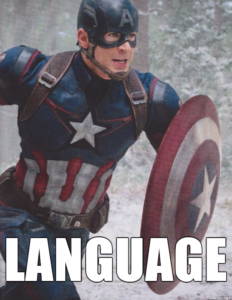 Iâm fine with live-action language in live-action movies (while still believing the Bibleâs warning against nasty talk in our real lives).
Iâm fine with live-action language in live-action movies (while still believing the Bibleâs warning against nasty talk in our real lives). I really liked Captain America: Civil War. The fact that Spider-Man actually made a cameo appearance is nothing short of amazing. (And
I really liked Captain America: Civil War. The fact that Spider-Man actually made a cameo appearance is nothing short of amazing. (And 
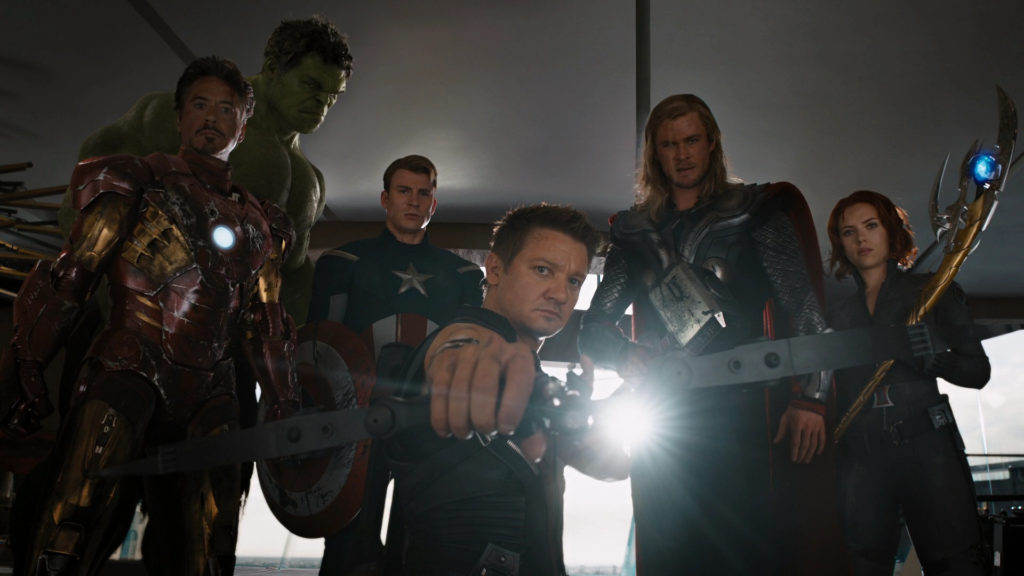
 Some loved it.
Some loved it. As a storyteller, I understand the intention. If something works (and box office numbers certainly proclaim monetary success), why bother tweaking the approach?
As a storyteller, I understand the intention. If something works (and box office numbers certainly proclaim monetary success), why bother tweaking the approach? Certainly a point of contention when considering Marvel films. Marvelâs method has been to inject healthy doses of wit and levity into their stories, and so far itâs worked. Audiences enjoy the comic relief, and quick wit has become an MCU hallmark.
Certainly a point of contention when considering Marvel films. Marvelâs method has been to inject healthy doses of wit and levity into their stories, and so far itâs worked. Audiences enjoy the comic relief, and quick wit has become an MCU hallmark. Two exceptions (one from DC and Marvel to show Iâm not biased) are The Joker and Loki. Brilliant. Compelling. Unique.
Two exceptions (one from DC and Marvel to show Iâm not biased) are The Joker and Loki. Brilliant. Compelling. Unique. Because how can stakes be meaningful if the hero can burst back to life at some point? What far-reaching consequences are there?
Because how can stakes be meaningful if the hero can burst back to life at some point? What far-reaching consequences are there?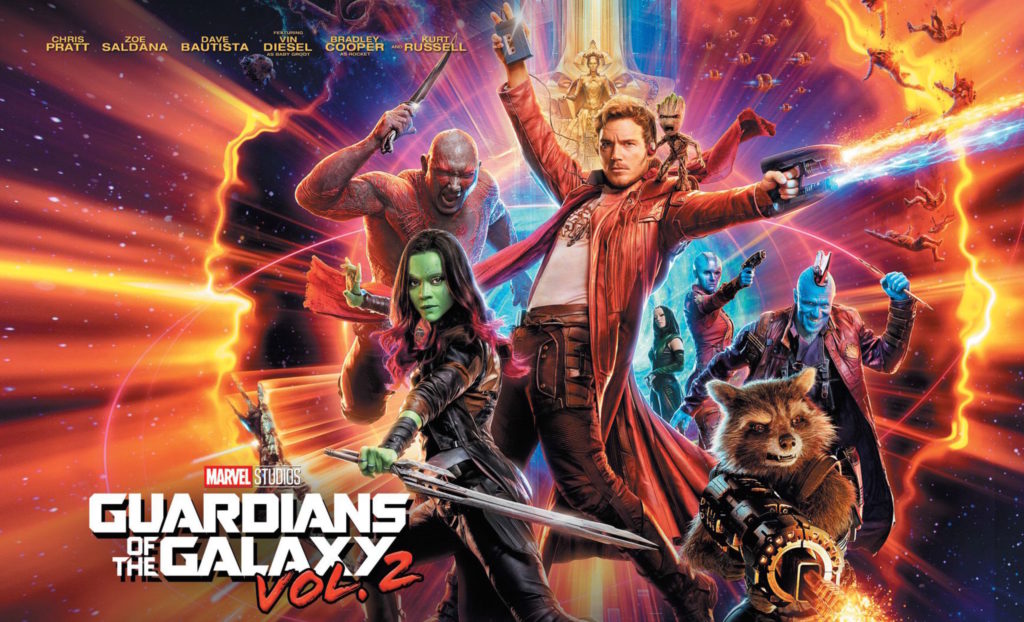
 In Guardians of the Galaxy Vol. 2, the crew is swarmed by autopiloted ships from the elitist Sovereign. Not a one is manned (so Rocket can shoot without killing a soul). And not a one poses any real threat to the Guardiansâ ship. Even when it crash-lands on the planet, Draxâleft dragging behind the ship on a cableâonly laughs and bellows, âThat was awesome!â
In Guardians of the Galaxy Vol. 2, the crew is swarmed by autopiloted ships from the elitist Sovereign. Not a one is manned (so Rocket can shoot without killing a soul). And not a one poses any real threat to the Guardiansâ ship. Even when it crash-lands on the planet, Draxâleft dragging behind the ship on a cableâonly laughs and bellows, âThat was awesome!â

 Ant-Man is underappreciated, and I think a lot of people recognize this. Sure, it follows the formula of Iron Man: Jerk with a heart of gold gets a chance at real heroism, thanks to a technologically advanced suit, then fights an evil villain who makes similar technology. But Ant-Man offered a refreshing turn from Captain America: Civil War, which gave us all but two heroes in one movie and incidentally neglected the need to focus on a central hero.
Ant-Man is underappreciated, and I think a lot of people recognize this. Sure, it follows the formula of Iron Man: Jerk with a heart of gold gets a chance at real heroism, thanks to a technologically advanced suit, then fights an evil villain who makes similar technology. But Ant-Man offered a refreshing turn from Captain America: Civil War, which gave us all but two heroes in one movie and incidentally neglected the need to focus on a central hero. Vol. 2 never presents any real threat to the Guardians themselves. And thatâs not just in the usual âheroes never actually lose, so the real tension is how they winâ way. Similarly, in Captain America: Civil War, despite all the fan theories about characters dying, no one died at all. Not Steve Rogers. Not even Rhodey, who takes a beating but suffers no lasting harm.
Vol. 2 never presents any real threat to the Guardians themselves. And thatâs not just in the usual âheroes never actually lose, so the real tension is how they winâ way. Similarly, in Captain America: Civil War, despite all the fan theories about characters dying, no one died at all. Not Steve Rogers. Not even Rhodey, who takes a beating but suffers no lasting harm.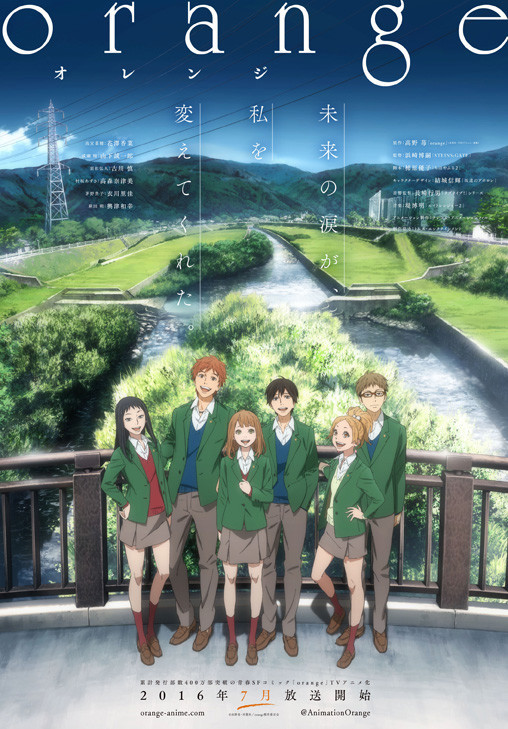
 In “Orange,” older people want their younger selves to avoid actions they have grown to regret.
In “Orange,” older people want their younger selves to avoid actions they have grown to regret.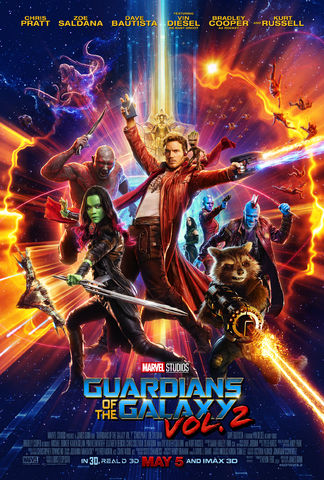
 I had high expectations for this movie. The first Guardians installment ranks among my favorite Marvel films, mainly because it wasnât afraid to blaze a different trail in the superhero movie genre.
I had high expectations for this movie. The first Guardians installment ranks among my favorite Marvel films, mainly because it wasnât afraid to blaze a different trail in the superhero movie genre. Was it fun? Sure.
Was it fun? Sure. Another strong point was the balance the movie struck between intense and calm scenes. The action didnât overwhelm the quieter moments, and indeed, the character-driven parts were the most engaging.
Another strong point was the balance the movie struck between intense and calm scenes. The action didnât overwhelm the quieter moments, and indeed, the character-driven parts were the most engaging.


